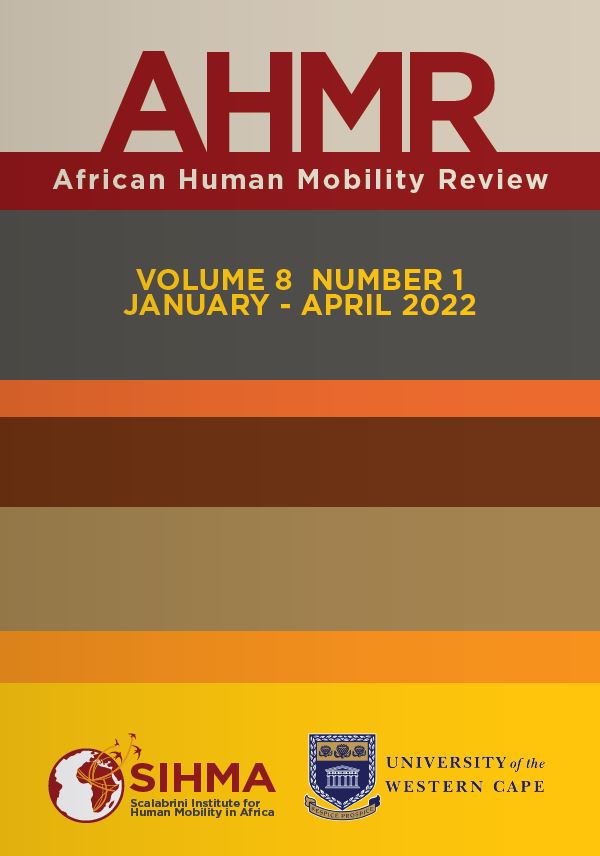Main Article Content
Examining Nigeria’s Digital Identity Project as a Tool for Economic Inclusion and Regional Integration
Abstract
Access to the digitized economy has an increased penetration across the spectrum of Africa’s rural and urban populace. Unlike the prevalent informal economy, the digital economy scrutinizes people’s identities as individuals with exclusive identities. After years of prior proclamations postponements, in 2017, the Nigerian government began enforcing the harmonization of sundry digital identity databases and compelling digital identity registration of all citizens and residents. On the other hand, there is a de facto delineation of the Nigerian citizenry into normative categories of ‘indigenes’ and ‘settlers’, which is at the heart of the Nigerian identity question. This casts doubt on the ability of the Nigerian State to fulfil its commitment to regional and continental free movement protocols it has ratified. This article explores the de facto nuances of stratified Nigerian citizenship, which the Nigerian digital identity project can help solve. I employ descriptive and explanatory analysis of extant national, regional and continental policy frameworks to appraise Nigeria’s digital identity management systems. Harmonizing Nigeria’s sundry digital schemes is critical to defining citizenship, residency rights, socioeconomic inclusion, transnational citizenship and border security, while facilitating the desired free movement of persons and goods within the African continent, as yearned by regional and continental protocols.




